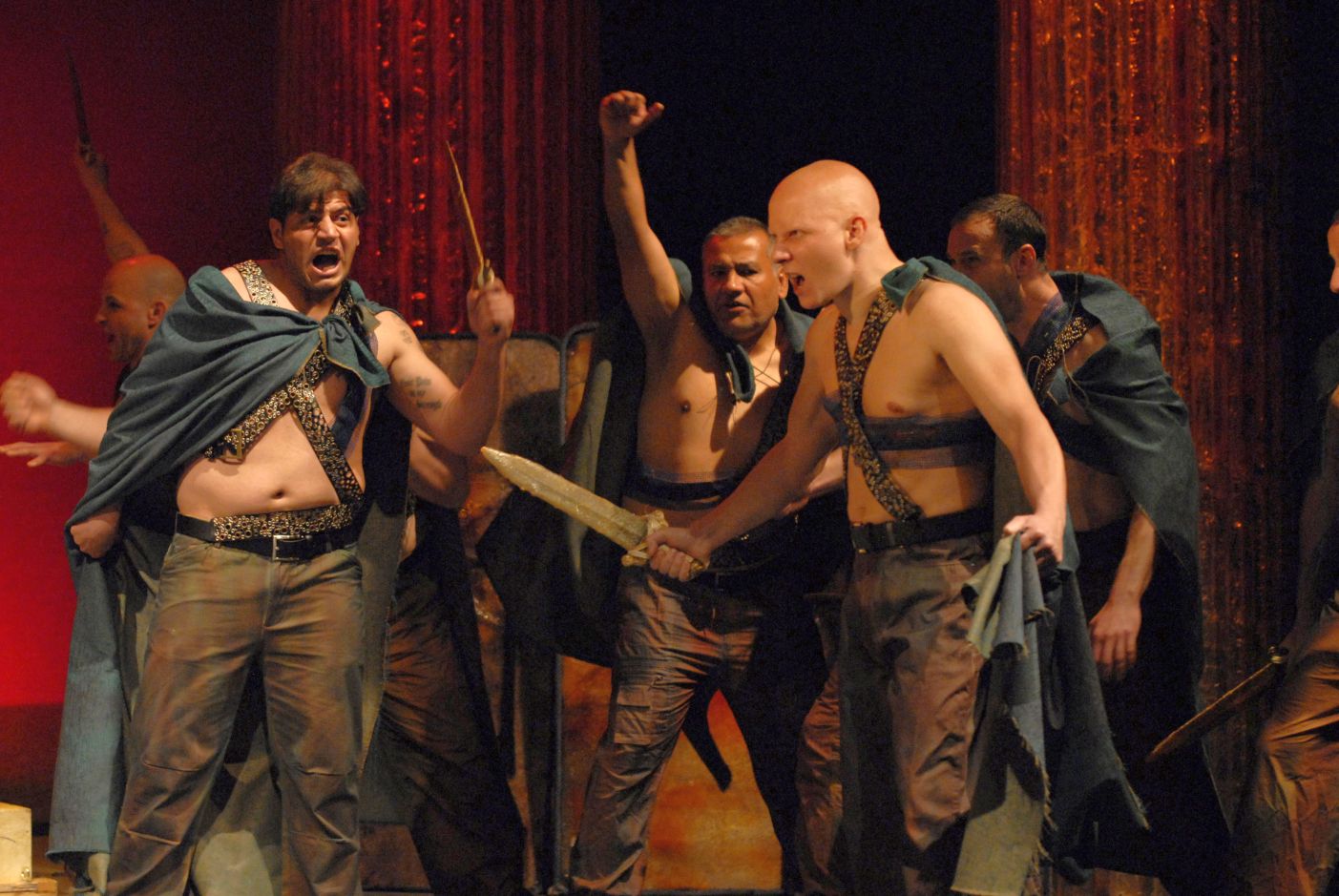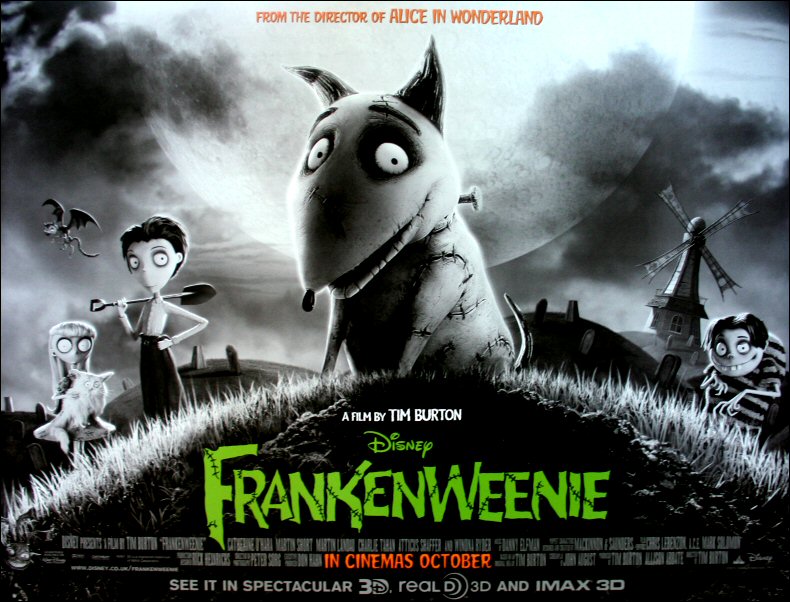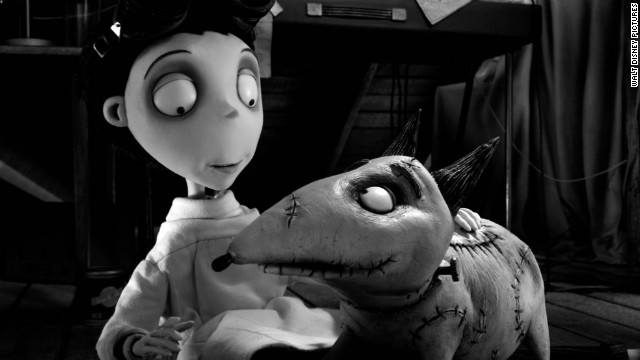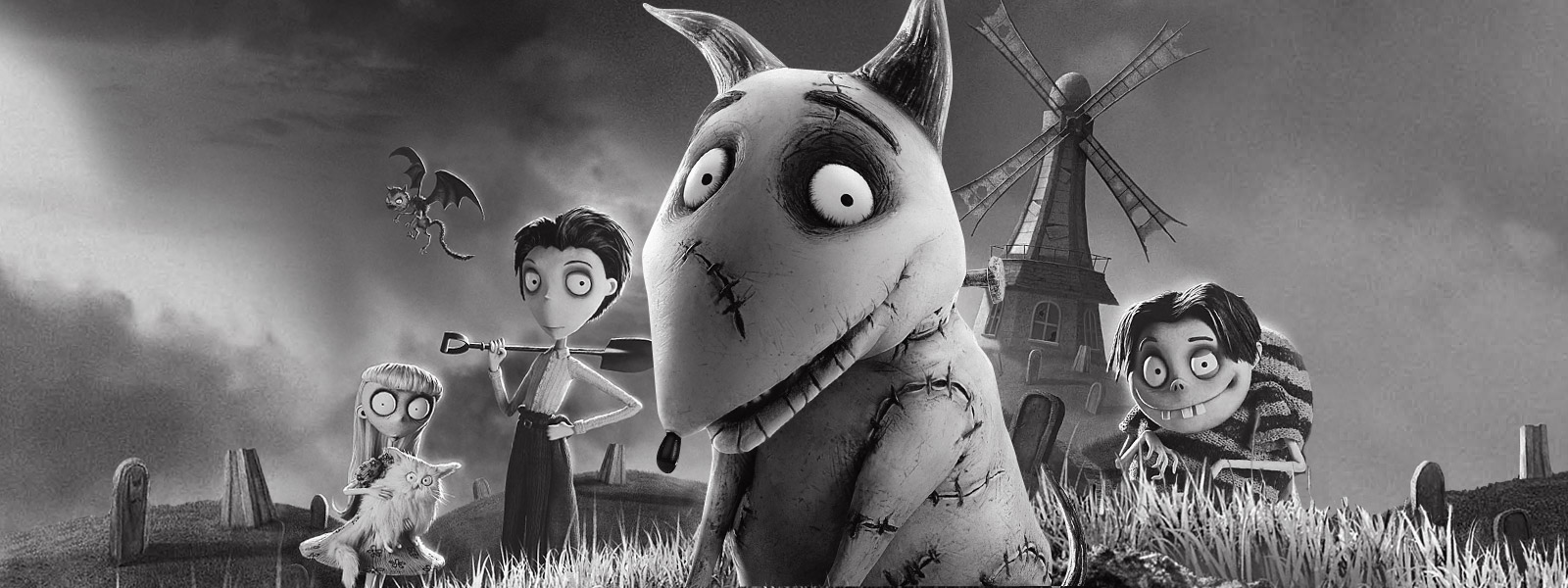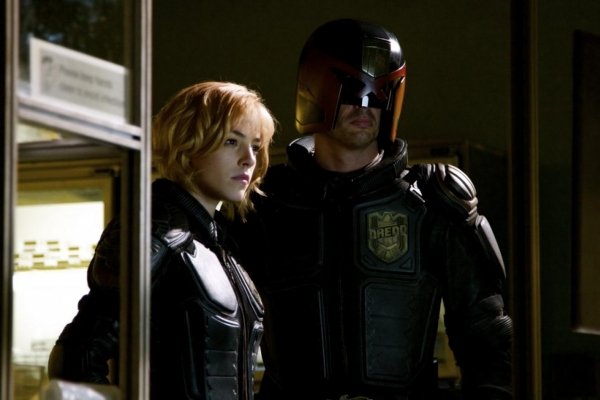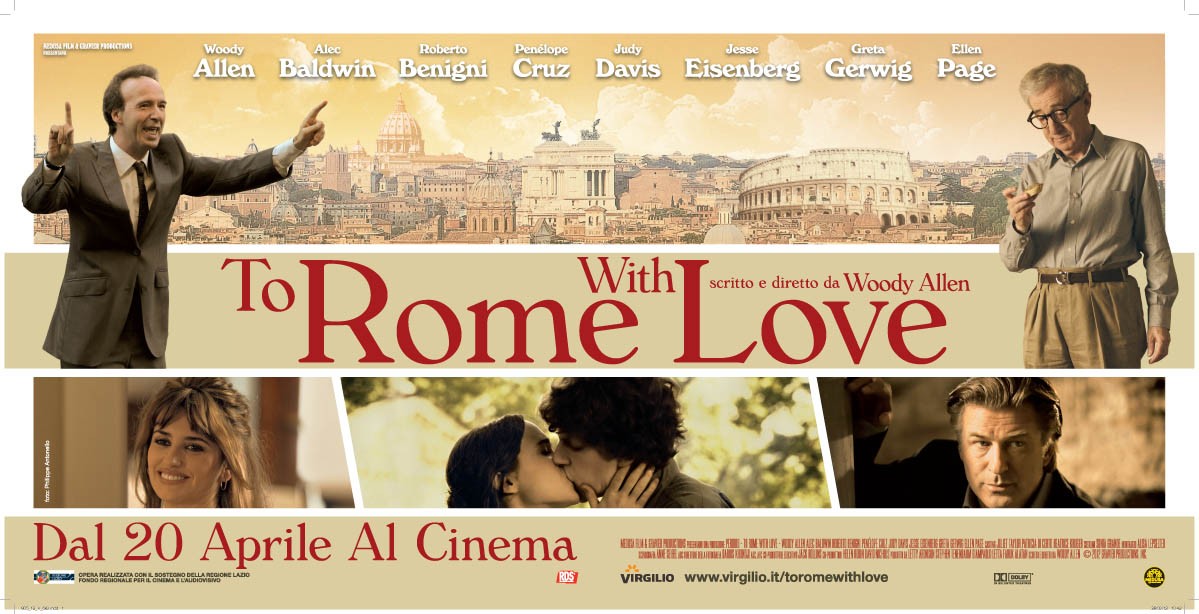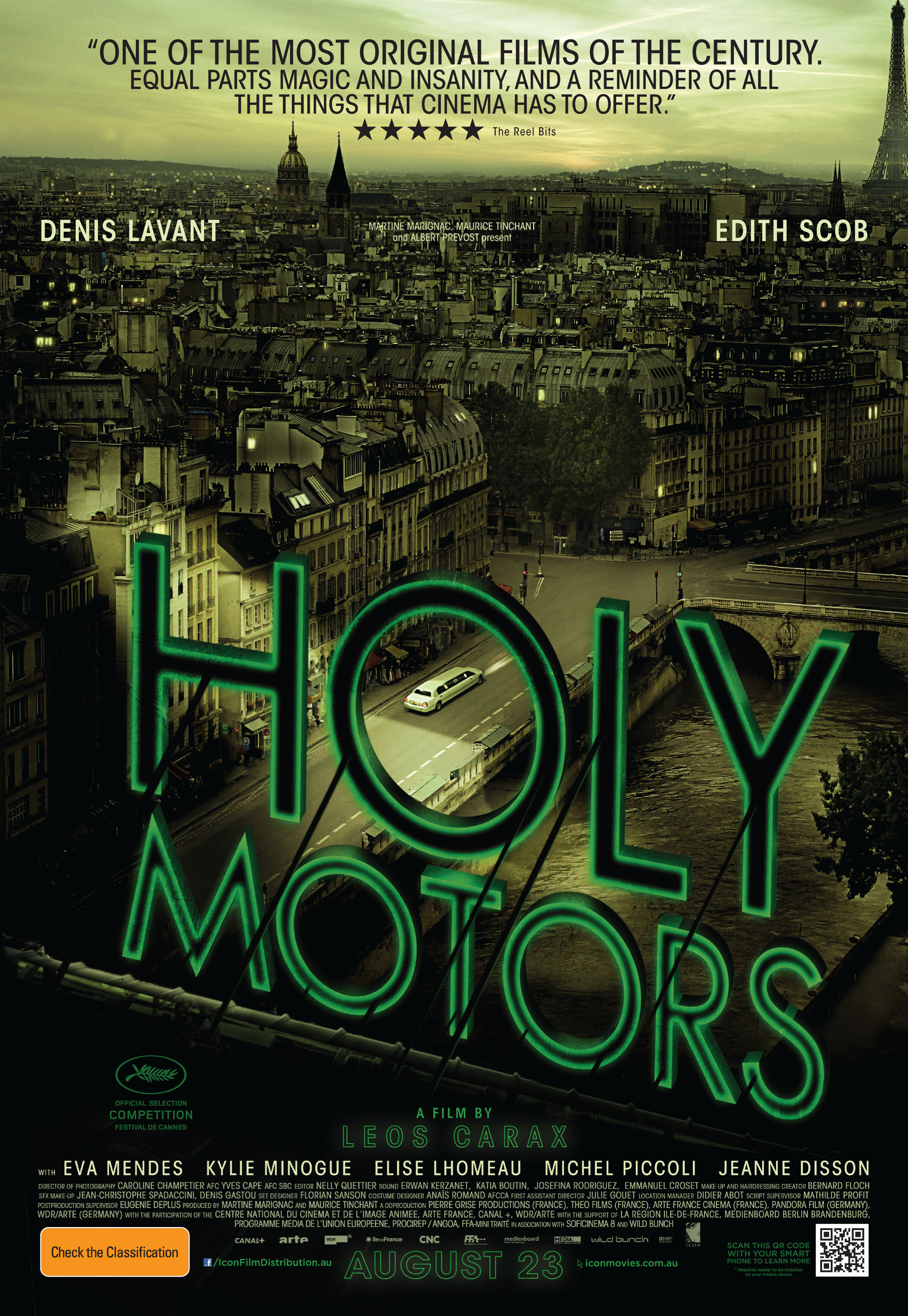As of yesterday evening, Sinterklaas 2012 has come and gone for me. Me and my loved ones had a wonderful time, despite the grizzly weather and the typical frustrations it spawned (like wet presents). Even though I had less than a week to come up with suitable rhymes for the presents I gave to others, I think the result was pretty good. I'm especially proud of my 84 line piece of poetry describing the events depicted in season 1 of
Game of Thrones, which I presented to my sister as a gift. Despite suggestions I ought to keep my writing brief, I showed what inspiration hath wrought when its subject is nothing but mesmerizingly inspirable. Simply for fun, I'm posting the poem here.
As seems more and more usual, it's written in Dutch. The Dutch language is ever more present on my blog, and I don't see this changing any time soon. In fact, I might decide to switch to full Dutch mode eventually, just to keep some consistency. Being the hypocrite that I am, I'll definitely keep my blog's name in English. 'De dag dat de nerd stil stond' just sounds too silly...
Voor
Lady Saskia,
Fantasy
is iets waar jij dol op bent
Dat
is Sinterklaas nu toch wel bekend
Sint
moet elk jaar weer uren zoeken
Naar
door jou begeerde fantasy-boeken
Dat
bezorgt hem soms heel wat stennis
Want
van literatuur heeft hij weinig kennis
Ja,
hij is echt meer van het audiovisuele
Letters
op papier kunnen hem amper schele
Wat
dat betreft wordt hij flink genaaid
Want
fantasy-series zijn dun gezaaid
De
zeven goden zij dank voor HBO
Die
vond het fantasy-aanbod ook maar zo-zo
En
benaderde de heer R.R. Martin
Die
zag er gelukkig ook wel een gat in
Te
verfilmen het Lied van Ijs en Vuur
Niet
als miniserie, maar voor onbeperkte duur
Dat
was een zeker schot in de roos
Want
het resultaat is ongetwijfeld virtuoos
En
ook al heb je de boeken al gelezen
De
serie zal ook door jou worden geprezen
Natuurlijk
heb je het al gezien
Maar
'n synopsis kan geen kwaad misschien
't
Draait hoofdzakelijk om de heer Ned Stark
Een
te edele en eerzame stijve hark
Wonend
in een 'evil empire' in de dop
Zijn
nobele aard kost hem nog eens de kop
Door
de hand van de boze koningin
Die
vreemd gaat met haar sexy twin
Telg
van de rijke familie Lannister
Gebrand
de macht te grijpen, hoe sinister!
Hun
broertje Tyrion is nog niet zo kwaad
Zijn
hart lijkt te zitten op de juiste plaats
Ook
al is hij een dwerg, zijn lichaam maar klein
Zijn
hoge sexdrift vindt menig vrouw toch fijn
Helaas
wordt hij beschuldigd van moord
En
door Starks verbolgen vrouw opgespoord
Maar
weet hij zijn onverdiende straf te ontlopen
Door
zich inventief vrij te kopen
Doch
als z'n vader van zijn arrest krijgt te weten
Wordt
er om de Imp een oorlog ontketend
Vervolgens
sterft ook nog 'ns koning Robert
Die
teveel alcohol had opgeslobberd
Zijn
erfgenaam blijkt zijn gewetenloze zoon
En
wanneer hij bestijgt de Ijz'ren Troon
Valt
't koninkrijk slechts narigheid ten deel
Al
snel vliegen Noord en Zuid elkaar naar de keel
In
een allesverwoestende strijd om de macht
Terwijl
in het noorden valt de winterse nacht
Waardoor
een oude mysterieuze kracht
Die
duizenden jaren heeft afgewacht
Wakker
wordt, volhartig smachtend
Om
het ganse rijk af te slachten
Voor
het land rest er slechts weinig hoop
Want
iedereen ligt met elkaar overhoop
Doordat
de adel meent dat de dreiging een grap is
Blijkt
dat de grensbewaking nu maar slap is
Die
laksheid zal 'n ieder zuur overkomen
Als
't rijk door zombies wordt overgenomen
En
de enige redding voor het grote eiland
Ligt
in haar oude verdreven vijand
Want
in het oosten schuilt er nog Daenerys
Uitgehuwelijkt
door haar broer, wat niet fair is
Nu
wordt ze door krijgsheer Drogo bruut genomen
Maar
gelukkig weet ze dit lot te overkomen
Want
ook al moet ze zich heel vaak ontkleden
Ze
weet haar eigen plannen te smeden
Om
weer aan de macht in het rijk te geraken
Dankzij
haar drietal kleine draken
En
al die usurpators over de kling te jagen
In
een zee van bloed zal dit haar behagen!
Zal
zij des koninkrijk's pijn verzachten
Of
zal zij zelf het rijk verkrachten
Ja
ja, in Westeros is het een dolle boel
Waar
lust en passie heerst over eergevoel
Met
een gastrol voor het hoofd van George Bush
HBO's
politiek is immers niet voor de poes
Bijna
had dit tot een ernstig geschil geleid
En
werd een fictieve oorlog bewaarheid
Want
menig humorloze Republikein
Bleek
nu tegen deze serie te zijn
Wees
maar blij dat je in Nederland woont
Waar
we van zulk conflict blijven verschoond
En
dus zal Sint je fantasylust nu belonen
Met
de eerste reeks van 't Spel der Tronen
Lord
Sint
